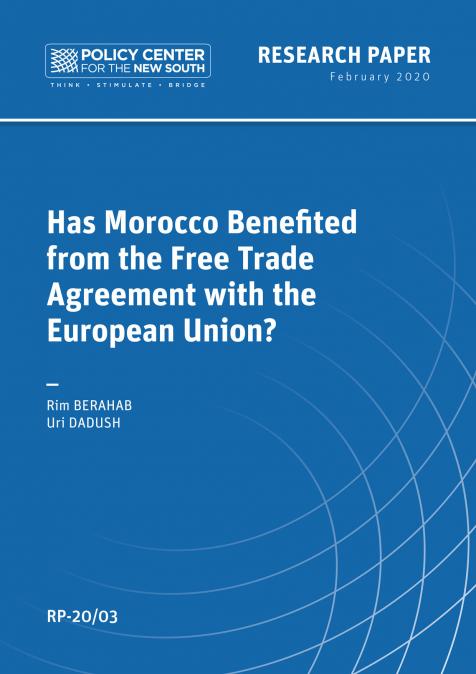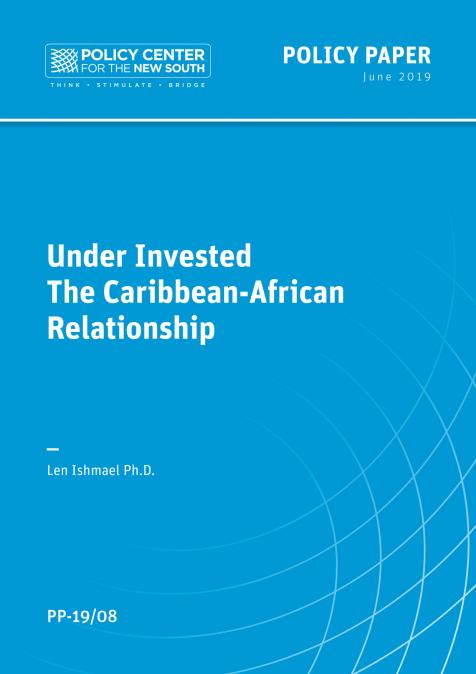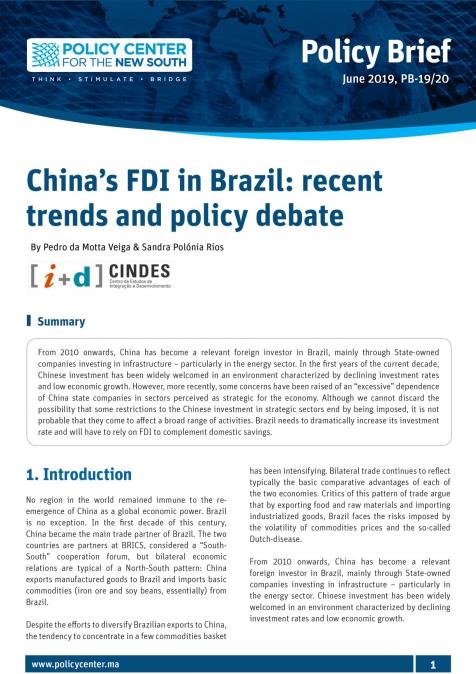Publications /
Research Paper
Since the free trade agreement (FTA) between Morocco and the European Union (EU) came into force nearly two decades ago, Morocco’s export performance on EU markets has been less than stellar and the trade deficit with the EU has surged. This has led many observers to take a negative view of the agreement. Yet, bilateral trade balances are not the best way to assess the effects of a trade agreement, and Morocco has derived major benefits in other ways. As they progress on negotiations towards a more comprehensive and deeper relationship, both Morocco and the EU have much work to do to make the agreement work even better for Moroccans. This Policy Paper presents an assessment of the EU-Morocco FTA and outlines some policy implications, focusing not only on trade flows between the two partners, but also on Foreign Direct Investment, regional integration, and the impact on Moroccan importers and consumers.





